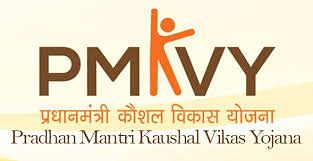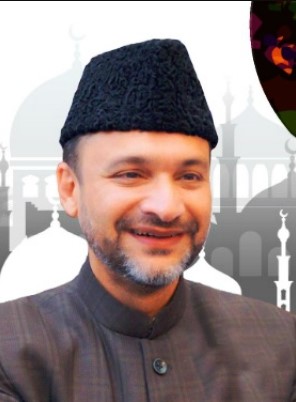
The Indian Medical Association (IMA) is a professional organization representing doctors and medical practitioners in India. Founded in 1928, it has played a significant role in shaping the healthcare landscape of the country. In this response, I will provide you with a detailed overview of the Indian Medical Association, its objectives, functions, activities, and contributions to the healthcare sector in India.
1. Introduction:
- The Indian Medical Association (IMA) is the largest voluntary organization of doctors in India, with over three lakh members.
- It serves as a platform for doctors to come together, discuss medical issues, share knowledge, and advocate for the welfare of healthcare professionals and patients.
2. Objectives:
- The primary objective of IMA is to promote the science and art of medicine and safeguard the interests of the medical profession.
- It strives to maintain the honor and dignity of the medical profession and improve medical education and research in the country.
- IMA also aims to promote ethical standards among doctors and ensure high-quality healthcare for the Indian population.
3. Functions:
- IMA engages in various functions to achieve its objectives, such as organizing scientific meetings, conferences, and workshops to facilitate knowledge sharing among doctors.
- It works towards the improvement of medical education by conducting seminars, training programs, and continuing medical education (CME) activities for doctors.
- IMA also plays an active role in addressing public health issues, promoting preventive healthcare, and raising awareness about various diseases and their management.
4. Activities:
- IMA conducts regular health camps and medical check-ups in rural and underserved areas to provide healthcare services to those in need.
- It actively participates in health policy advocacy, making representations to the government on issues related to healthcare infrastructure, doctor-patient ratio, and medical legislation.
- IMA organizes campaigns to address public health concerns like tobacco control, immunization, maternal and child health, and organ donation.
5. Code of Ethics:
- IMA has formulated a Code of Medical Ethics for doctors in India, outlining the professional conduct and responsibilities expected from medical practitioners.
- The code emphasizes maintaining the dignity and honor of the medical profession, confidentiality of patient information, and providing compassionate care.
6. State and Local Branches:
- IMA has a well-established network of state and local branches across India, enabling doctors to collaborate at regional levels and address local healthcare issues effectively.
- These branches organize state-level conferences, workshops, and health awareness campaigns tailored to the specific needs of the local population.
7. Publications:
- IMA publishes various medical journals, magazines, and newsletters to disseminate medical knowledge, research findings, and updates in the field of medicine.
- These publications provide a platform for doctors to share their research work, case studies, and clinical experiences.
8. Advocacy and Policy Initiatives:
- IMA actively engages in advocating for doctors' rights, welfare, and working conditions. It has been instrumental in highlighting issues such as violence against doctors and ensuring their safety in the workplace.
- IMA also collaborates with the government and other stakeholders in formulating healthcare policies, regulations, and guidelines.
9. Collaborations and Partnerships:
- IMA collaborates with international medical organizations, academic institutions, and healthcare bodies to foster knowledge exchange and promote global best practices in healthcare.
- It works closely with organizations like the World Medical Association (WMA) and the World Health Organization (WHO) to address global health challenges.
10. Contributions to Healthcare:
- IMA has played a crucial role in improving the overall healthcare standards in India by advocating for better infrastructure, resources, and healthcare delivery systems.
- It has been actively involved in healthcare initiatives such as the eradication of polio, promoting vaccination










